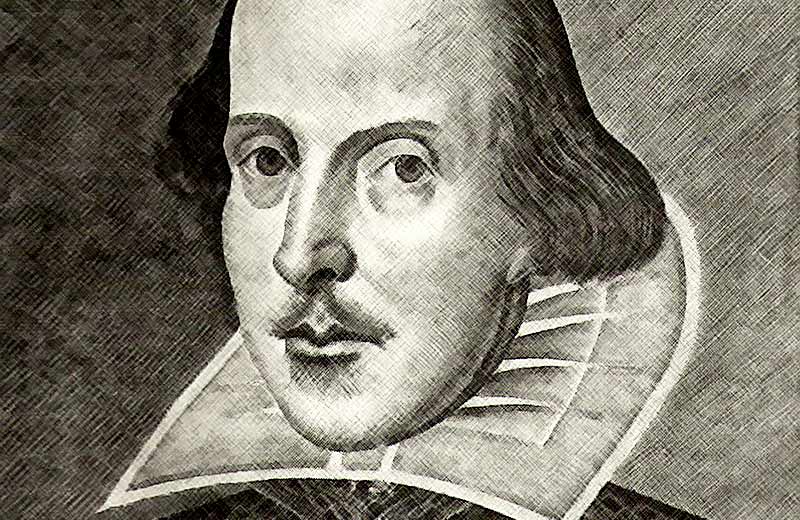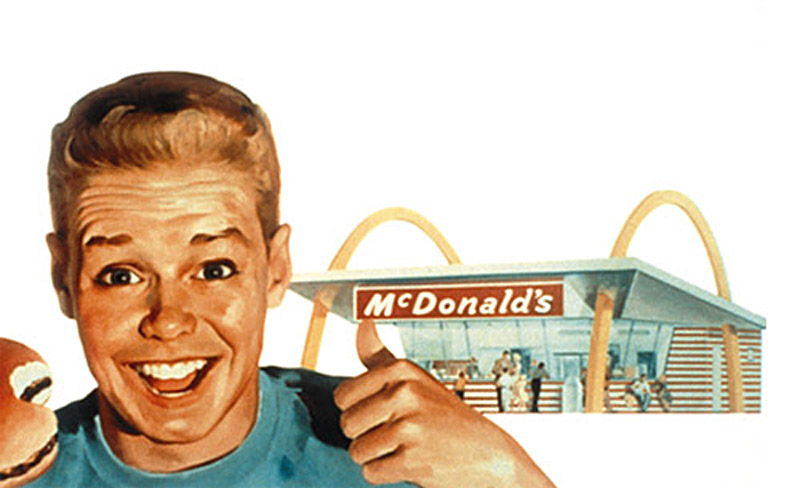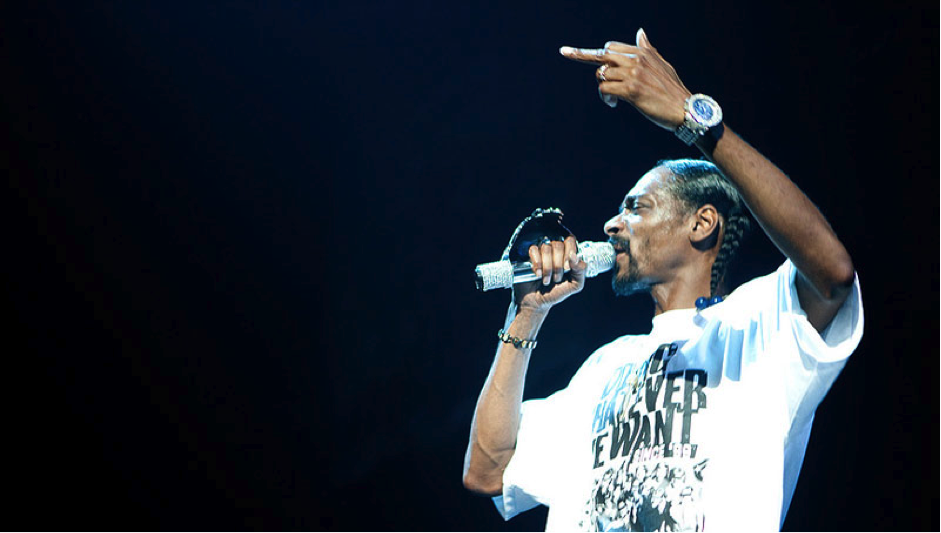English is a wonderfully flexible language, a kind of linguistic free-for-all, where words have tumbled in and out over the centuries, from a huge variety of sources.
Here are seven people who have influenced the language we speak today.
William Shakespeare
From addiction to zany, his language was never lacklustre. He wrote with swagger and without compromise. William Shakespeare added more than 1700 words to the English language.
When he couldn’t find a word to express something in a play, he would make a new one, adapting either foreign words or existing English words. Shakespeare is almost certainly the most productive person in the history of the English language.
Lisa Simpson
One of the newest words to enter the Oxford English dictionary can be traced directly to Lisa Simpson. Meh.
Ray Kroc
The man responsible for the international success of McDonald’s and therefore the McPrefix: attaching “Mc” at the start of a word to suggest a kind of mass-market affordability. Examples include the McJob, McMansion, and McChurch. This has spread to other languages too and Germany’s largest chain of gyms is called McFit.
Noah Webster
The “Webster” in the title of American dictionaries, Noah Webster believed that great nations such as the USA needed a language of its own: American.
Or American English anyway. He is personally responsible for many of the spelling differences between British and American English, including the single “l” in traveler, the “er” in center and the “or” in flavor.
Webster made these changes in his dictionaries because he wanted English spelling to be more logical and less influenced by French. Instead, he made it more complicated.
Snoop Dogg/Lion
Fo’ shizzle, Bigg Snoop D O Double Gizzle has added a certain fizzle to English, although anyone over the age of 20 (except the Doggfather himself) should use it with caution.
Samuel Johnson
It’s hard to imagine a world without reliable dictionaries, but that is the world in which Samuel Johnson grew up. This was becoming a problem by the mid-eighteenth century: despite centuries of mass publication through the printing press, European languages were anything but organized. English in particular was a mess.
Different countries tackled the problem differently: in France, the 40 “immortals” who made up the Académie française took 55 years to produce their French Dictionnaire. The Italian equivalent took the Florentine Accademia della Crusca 30 years.
Johnson, working with six assistants, completed his dictionary in around 8 years!
It wasn’t the first English dictionary, but it was comprehensive and influential. Not all of the phrases are still in use, which is a shame when they include belly-god, “one who makes a god of his belly”.
Aaron Peckham
While a freshman computer science major at California Polytechnic State University, Peckham started Urban Dictionary. With over 7 million user-generated entries, this online dictionary is keeping Samuel Johnson’s spirit alive with such beautiful 21st-century definitions as:
Sportgasm: the feeling of relief, happiness, excitement, and euphoria one feels when their team wins a game in the final moments of a game.
Cameragoer: A person who prefers to view a live musical performance through the screen of his or her camera/phone, thus blocking the view of the concertgoers behind the camera.
Volunteer’s remorse: When you volunteer to help with something and immediately regret doing so.
Human charity shield: What you become if someone walks close behind you to avoid getting hassled by charity collectors in the street.
Managerial we: When a manager says “we” and means “you”
Friendscaping: The act of trimming one’s friends lists on various social media sites.
What words would you add to the English language?
Image credit: Kris Krug via CC






What do you think?